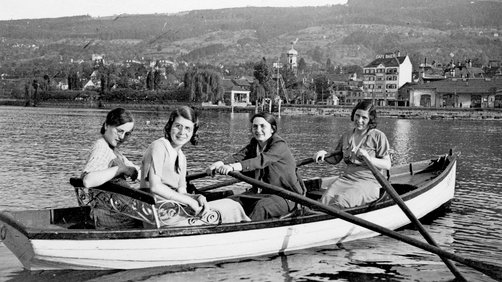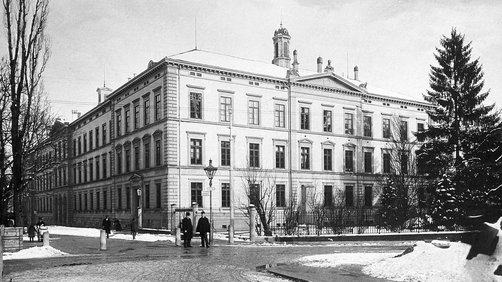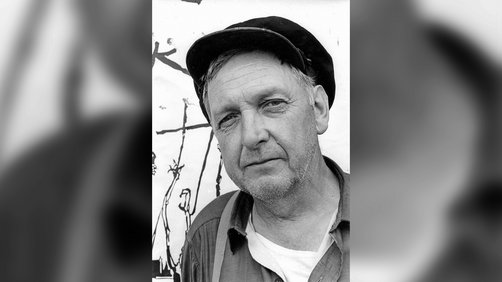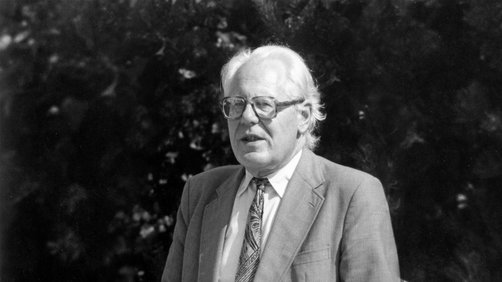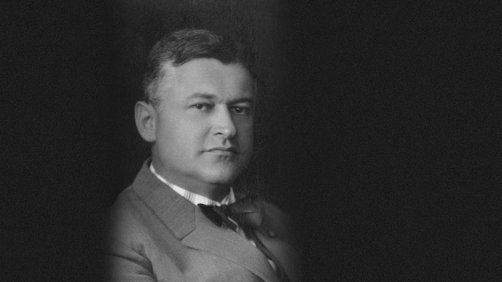Background - 13.02.2020 - 00:00
History lesson: Nelly Diem – the HSG’s first woman lecturer
With her pioneering spirit, Nelly Diem succeeded in introducing lectures on the history of music at the then Graduate School of Business from 1918 onwards. As part of the public lecture programme, she was the Graduate School’s first woman lecturer and gave most of the history of music lectures between 1918 and 1929 herself.
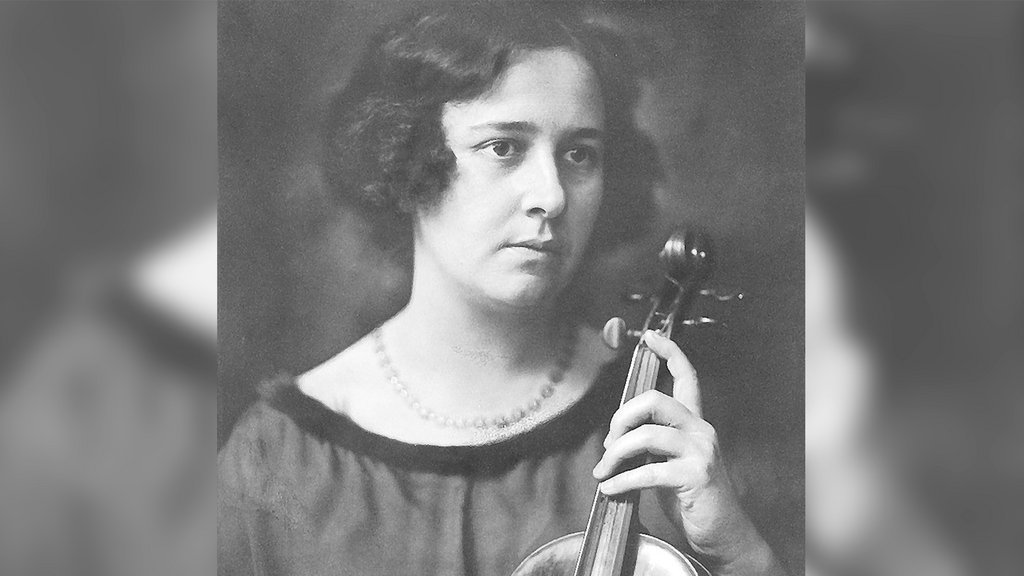
Nelly Diem was born in St.Gallen on 4 January 1891. Her father Emil Diem was the head of the Municipal Technical Services and one of the founders of the Transport College and of the Materials Testing Institute. Her mother was a banker’s daughter.
After obtaining her university entrance qualification, Nelly Diem first contemplated studying medicine but ultimately decided to read musical sciences in Zurich.
From Zurich to Berlin
At that time (1908), the University of Zurich did not have a musical science seminar as such, but among others, Ernst Radecke and Eduard Bernoulli were teaching there, and Nelly Diem attended their seminars. In 1911, she moved to Berlin in order to continue her studies under teachers such as Hermann Kretzschmar; she then became a regular member of the English Musical History Seminar.
In the summer of 1912, Nelly Diem participated in a holiday course in Edinburgh. She extended her interest in Scotland’s musical history – during the war, under difficult conditions – in her doctoral thesis on contributions to the history of Scottish music in the 17th century on the basis of previously unpublished manuscripts.
She also continued her practical training: from 1915 onwards, she took lessons from the internationally famous violin virtuoso Henri Marteau in order to perfect her violin playing.
Switzerland’s first musical historian with a doctor’s degree
In 1918, Nelly Diem submitted her doctoral thesis, thus becoming Switzerland’s first musical historian with a doctor’s degree. Her work was accepted by Hugo Riemann (Leipzig), who was then the best-known German musicologist. Her thesis is still regarded as an important source for research into Scottish folk music culture. After her return to her home city of St.Gallen (1920), Nelly Diem found it difficult to stand her ground in a professional environment which was dominated by men. Her main source of income was violin lessons.
First woman lecturer at the St.Gallen Graduate School of Business (today’s HSG)
With her pioneering spirit, however, Nelly Diem succeeded in introducing musical history lectures into the Graduate School of Business from 1918 onwards. As part of the public lecture programme, she gave most of these lectures between 1918 and 1929 herself – as the Graduate School’s first woman lecturer!
- "Introduction to the History of Music", Summer Semester 1918
- "The History of More Recent Music, from 1600 onwards", Summer Semester 1923
- "The History of 19th Century Music", Winter Semester 1923/24
- "Programme Music", Winter Semester 1925/26
- "General History of Music with Explanations on the Piano", Winter Semester 1926/27
- "Beethoven", Summer Semester 1928
- "Anton Bruckner", Summer Semester 1929
A music teacher’s life
Besides giving violin lessons – for instance at the Hindermann Musikinstitut in Zurich until 1929 – Nelly Diem was a freelance music teacher and occasional player in symphony and theatre orchestras. In addition, she wrote articles for newspapers and specialist journals.
Under the influence of a traditional role model, she perceived women in music as limited to pedagogical activities. In her essay "Frau und Musik", which was published in the Meyers schweizerisches Frauen- und Modeblatt magazine in 1940, she wrote that the fact that women were not equally strongly represented in all quarters was due to their talent, which differed from their male counterparts’, and that the latter was more creative while the former was likely to lean towards a pedagogical disposition.
Acquaintance with Othmar Schoeck
In Zurich, Nelly Diem was in contact with a culturally interested circle of friends. She had a special relationship with the Swiss composer Othmar Schoeck, who was also a resident of Zurich (and conducted the symphony concert of St.Gallen’s Concert Association from 1917-1944), whose personality and work she admired.
In the city on the river Limmat, she completely put herself at the service of musical education. "Learning music for one’s own and other people’s pleasure and for the enhancement and intensification of the purpose of life", as she formulated it herself, was the leitmotif of her freelance pedagogical work. She regarded domestic music as "possibly the purest cultivation of music".
Nelly Diem never married and died in Zurich on 31 January 1976.
Picture: Archiv für Frauen-, Geschlechter- und Sozialgeschichte Ostschweiz
History portal of the University of St.Gallen
More articles from the same category
This could also be of interest to you
Discover our special topics



![[Translate to English:] Choix Goncourt de la Suisse | unisg.ch](https://www.unisg.ch/fileadmin/_processed_/b/a/csm_Choix_Concourt_de_la_Suisse_HT-Stibi-069_2110740678.jpg)

